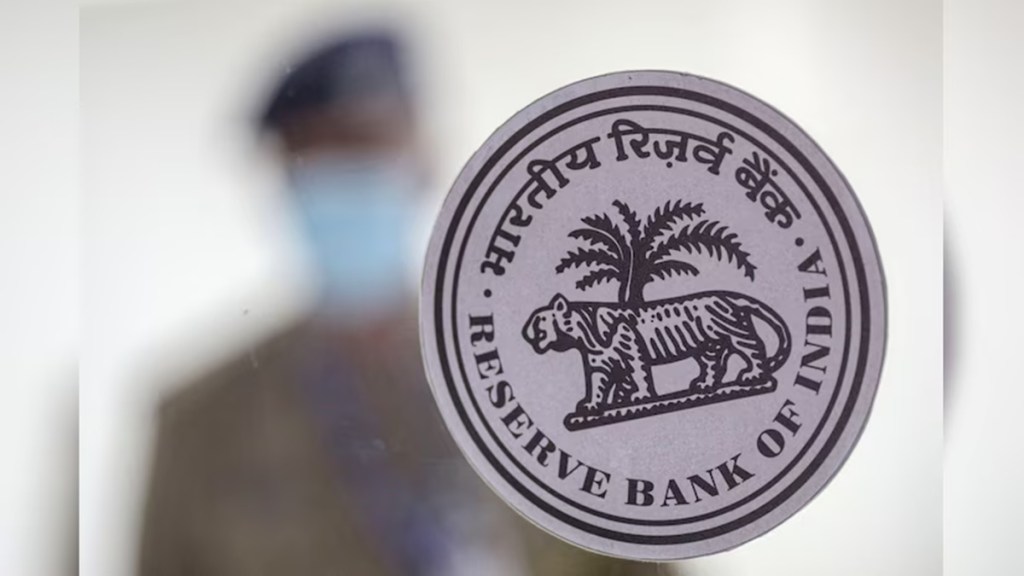In a relief for Asset Reconstruction Companies (ARCs), the settlement of small-ticket bad loans of Rs 1 crore or less will now be easier. The Reserve Bank of India (RBI) on Monday said ARCs would no longer require an approval from an Independent Advisory Committee (IAC) to settle dues of borrowers with a principal outstanding of Rs 1 crore or less.
The new rules will speed up the resolution of retail bad loans, according to industry experts and encourage ARCs to acquire more retail non-performing assets (NPAs).
Under the revised rules, such cases can be cleared by a competent authority established under a board-approved policy. So far, all settlement proposals, irrespective of the loan amount, were required to be approved by an IAC. From now on, only settlement cases relating to dues of more than Rs 1 crore will need to be approved by the committee.
“Settlement of accounts pertaining to a borrower having aggregate value of more than Rs 1 crore in terms of outstanding principal in the books of transferor/s at the time of acquisition by the ARC shall be done as per board approved policy,” the central bank said in a circular.
As per industry estimates, retail loans of less than Rs 1 crore account for 10-15% of outstanding assets under management (AUM) of ARCs. The total outstanding AUM of ARCs was around Rs 1.35 lakh crore as of September last year, according to the Association of ARCs in India.
“With ARCs increasingly focusing on acquiring small-ticket loans, the revised guidelines are well-timed and will specifically help in achieving better resolution outcomes for smaller loans,” Hari Hara Mishra, CEO, Association of ARCs in India told FE.
Under the revised guidelines, the IAC must include experts with technical, financial or legal expertise. The committee will evaluate the borrower’s financial position, projected earnings and recovery prospects before making recommendations to the ARC.
The board of directors, which must include at least two independent directors, is required to review the IAC’s recommendations and assess alternative recovery strategies. The board’s decisions, along with their rationale, must be thoroughly documented in the meeting minutes.

